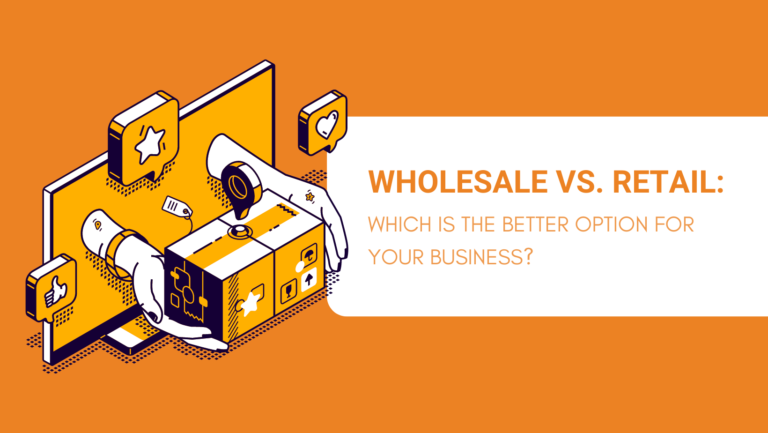Modern commerce offers an exciting variety of business approaches. You can choose to dropship, sell online, set up a brick-and-mortar store, or even pursue multiple options at once. It simply depends on what you reckon would be most profitable.
Nevertheless, no matter what option you choose, you will also have to decide whether to take it on as a wholesaler or a retailer.
So, in today’s blog, we compare the wholesale vs retail business models based on how they work as well as their pros and cons. We also share tips on how to rightly choose between the two.
Let’s get into it, shall we?

What Is Wholesale?
Wholesale is a business model where a company sources and resells goods in bulk instead of single product units.
The main customers in this model are usually retailers looking to stock up on a product and resell it to the end consumer.
How Does It Work?

For illustration, let us assume that you would like to start selling wholesale cutlery sets. Let us also assume that your first batch of inventory is 100 cartons of cutlery sets. Of course, each carton contains multiple cutlery sets.
Reselling the cutlery sets wholesale means that you would sell them per carton and not per cutlery set.
Alternatively, you could choose to sell on an MOQ basis. So, instead of selling the cutlery per carton, you could state that a customer can only buy 50 cutlery sets or more.
Both options are valid wholesale approaches because they prioritize selling in bulk. You can use them interchangeably but the latter is particularly ideal for items, like clothing, that are often counted in units instead of cartons or boxes.
The Profit Factor
Wholesalers source goods directly from manufacturers or regional distributors. This allows them to buy at very affordable prices because:
- Factories and distributors only mark up the cost of products by a minimal margin.
- Most manufacturers offer great discounts for bulk buyers.
Subsequently, wholesalers can markup the product prices by a fair profit margin and still resell to retailers and other buyers at affordable rates.
Pros and Cons of Wholesale
Pros
- Low prices and high revenues – access to low factory rate prices enables wholesalers to earn better revenues because they can mark up the original prices by a healthy profit margin.
- Affordable shipping – buying and selling in bulk makes wholesalers prime candidates for bulk shipping options, like FCL shipping. Such solutions are often more cost-effective than shipping smaller parcels.
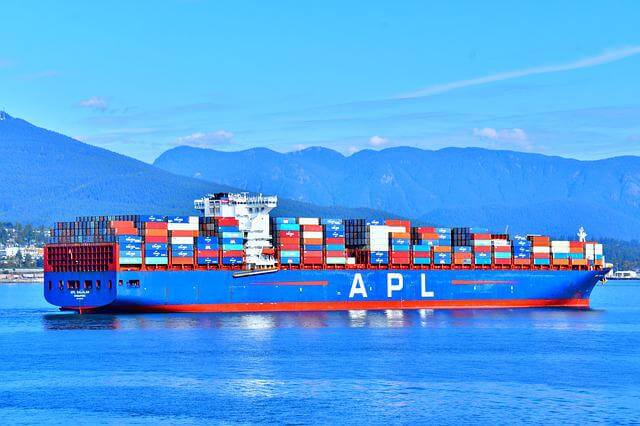
- High inventory turnover – bulk sales come with high inventory turnover which creates good cash flow and minimizes storage risks.
- Long-term contracts – wholesalers often develop long-standing supply contracts with retailers and institutions. This offers wholesalers a steady income stream and makes it simpler to forecast demand and plan accordingly.
Cons
- Higher risk – handling bulk goods presents a higher degree of risk and financial loss if the goods get misplaced or damaged at any stage of the supply chain. Poor inventory turnover and dead stock are more punitive to wholesalers too.
- High startup costs – buying goods in bulk, transporting them, and storing them, requires an equally large sum of startup capital.

- Warehouse challenges – wholesale businesses need large storage space to fit their large-scale inventory. They also require reliable and secure warehouse management systems to effectively keep track of inventory flow.
- Complex logistics – wholesalers have to find carriers that can handle bulk shipments. Additionally, they tend to incur higher insurance and port handling fees. Port clearances can sometimes also take longer depending on the shipment size.
- Bad debts – long-term supply contracts often involve credit facilities where payments are made in 30 to 90 days. This can negatively impact cash flow for wholesalers. It can also lead to outright losses if customers fail to pay or inflation rises.
What Is Retail?
Retail is a business approach where you sell products in individual units. The target customers are usually end-consumers because they often only need products in small quantities for personal use.
How Does It Work?

For illustration, let us assume that you decide to sell the 100 cartons of cutlery sets on a retail basis.
It would mean that instead of selling the cutlery sets per carton, you would sell each set individually. Your customers would also be free to buy one or as many cutlery sets as they like.
The Profit Factor
Retailers source goods from manufacturers or wholesalers at affordable wholesale prices. They then mark up the original price and resell the products to consumers at a profit.
Pros and Cons of Retail
Pros
- Personal scaling – retail businesses do not strictly require heavy capital or a large warehouse. You can start at the business scale that matches your resources.
- Consumer relationships – retailers interact directly with end consumers. This allows them to understand customers’ needs and adjust their business approaches accordingly to boost their sales and consumer loyalty.
- Marketing power – retailers can market their businesses and products through ads, discounted sales, product bundling, and other creative approaches. This helps to recruit more clients and, in turn, increases sales and inventory turnover.
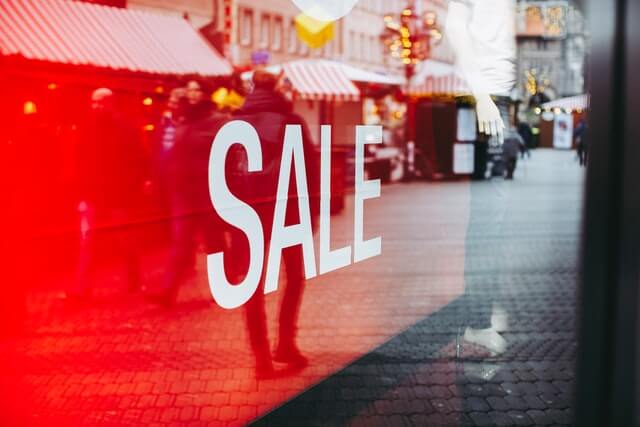
- Price flexibility – retailers have the luxury of setting prices based on their brand standard, desired profit margins, or even market segmentation i.e. charging customers in affluent markets higher prices.
- Cash is king – retail businesses sell on a cash basis. They, therefore, have no risk of exposure to financial losses due to unpaid debts.
Cons
- Location costs – retail businesses have to set up shop at strategic locations where they are easily accessible to customers. Such locations include malls or business districts which attract high rental fees due to their commercial value.
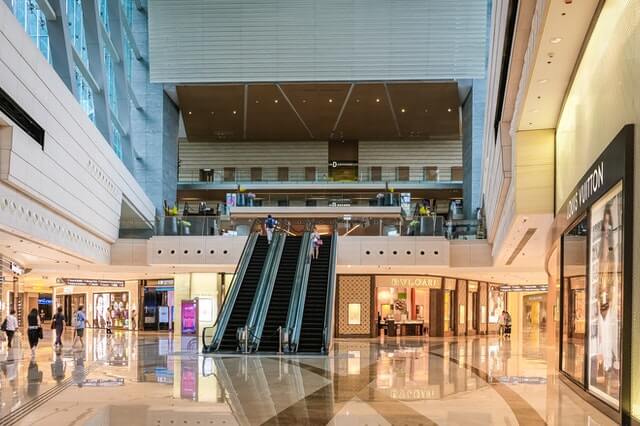
- Extra expenses – setting up a retail business comes with extra costs such as significant marketing and packaging expenses.
- Stiff competition – there are far more retailers than wholesalers and this alone makes the retail space quite competitive. Retailers thus have to invest a lot into maintaining customer relationships and staying on trend.
- Frequent shipping and high costs – online retail entails shipping packages everyday unlike wholesaling where everything is shipped in bulk. This takes time, can be labor-intensive, and may result in higher shipping costs.
- Inventory management challenges – stock-taking and handling single product units can be time-consuming. It can also increase the risk of errors and theft.
Differences between Wholesale and Retail
Now that we know what both wholesale and retail business approaches entail, let us analyze some of their key differences.
Customer Relationships

Wholesalers have B2B customer relationships because they mostly sell to retailers while retailers have B2C customer relationships because they sell to end users.
Therefore, wholesalers prioritize factors that can help businesses thrive. Such factors include:
- Having multiple warehouses to make it easier for retailers in different regions to access goods.
- Providing credit facilities to allow businesses to sell the products and earn money to pay for their inventory orders.
- Accommodating custom requests from retailers such as delivering a mixed order of the same product in different sizes or colors.
Retailers, on the other hand, strengthen their B2C relationships by focusing on issues that would make them stand out to end consumers. Examples of such issues include:
- Custom packaging
- Fast delivery
- Prompt and helpful customer service both in stores and after-sale
- Occasional discounted sales
- Offering trending products
Pricing

Wholesalers buy products at factory-rate prices and are thus able to offer retailers relatively low prices.
However, wholesalers have less wiggle room than retailers when setting their prices. They have to keep their prices low enough for retailers to be able to mark them up and earn a profit. If they do not, retailers would have no motivation to buy from them.
In comparison, retailers enjoy the benefit of low wholesale prices but they are not obliged to pass on this benefit to their customers. They can gauge their target market and set an ideal price based on:
- Demand
- The purchasing power of the target market
- Their profit goals
- Their competitors’ prices
Marketing
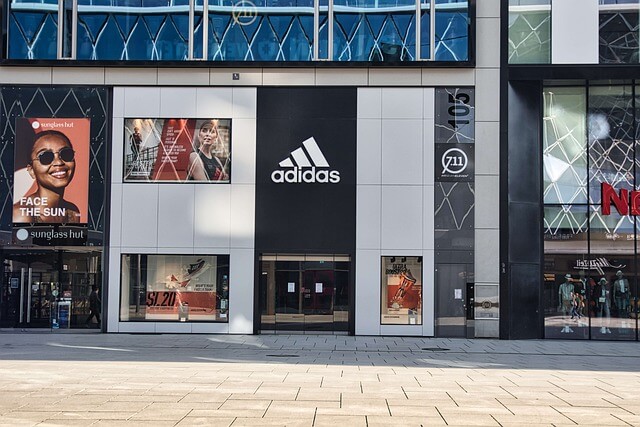
Marketing is rare and low-key among wholesalers. They mostly get clients through referrals from past or existing customers. Recently, however, some wholesalers have also begun using their websites and social media platforms to improve their public relations.
Additionally, some manufacturers may endorse wholesale distributors that buy from them. More so if the manufacturer has not developed a distribution network in the region where the wholesaler is based.
Meanwhile, retail businesses go all out with their marketing campaigns. Such effort and investment are essential because it is mainly through marketing that retail businesses can:
- Introduce themselves to potential customers
- Keep buyers informed about the products and offers in their stores
- Convince buyers to buy from them instead of their competitors
- Engage with buyers and cultivate a relationship to build customers loyalty
Competition
Wholesale trade is a major undertaking that requires significant capital and an understanding of business issues like product sourcing and shipping. The overall risk level of a wholesale business is also considerably high.
Consequently, it is not a highly populated business niche, and the competition is manageable.
In contrast, retail is a more accessible business model for most entrepreneurs. It thus attracts a large number of participants all competing to serve end consumers. Retailers, therefore, always have to strive to stay ahead of their competitors.
Location
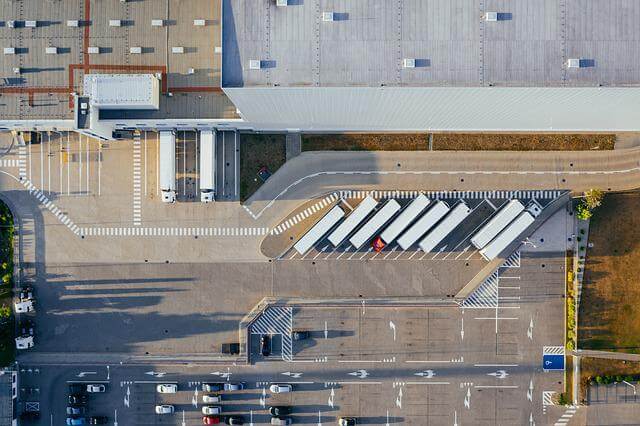
When choosing a business location, wholesalers mostly have to focus on functional features such as:
- Strategic positioning e.g. the location may need to be close to ports if they import goods but it also has to be conveniently located for retailers.
- Availability of adequate space
- Safety
Brick-and-mortar retailers also have to consider the same factors. However, they often spend more on their retail spaces compared to wholesalers because:
- Retail shops mostly do better in locations with high customer traffic to increase the chances of making sales. This may, therefore, force a retailer to choose a location that costs more than they would prefer.
- Retail space needs to be attractive and designed to provide a delightful customer experience. This can take up quite a bit of cash.
Types of Wholesalers
The basic concept of wholesale is the same; businesses buy and resell in bulk. Still, wholesalers differ based on how they implement this concept.
Here are the different types of wholesalers.
Online Wholesalers
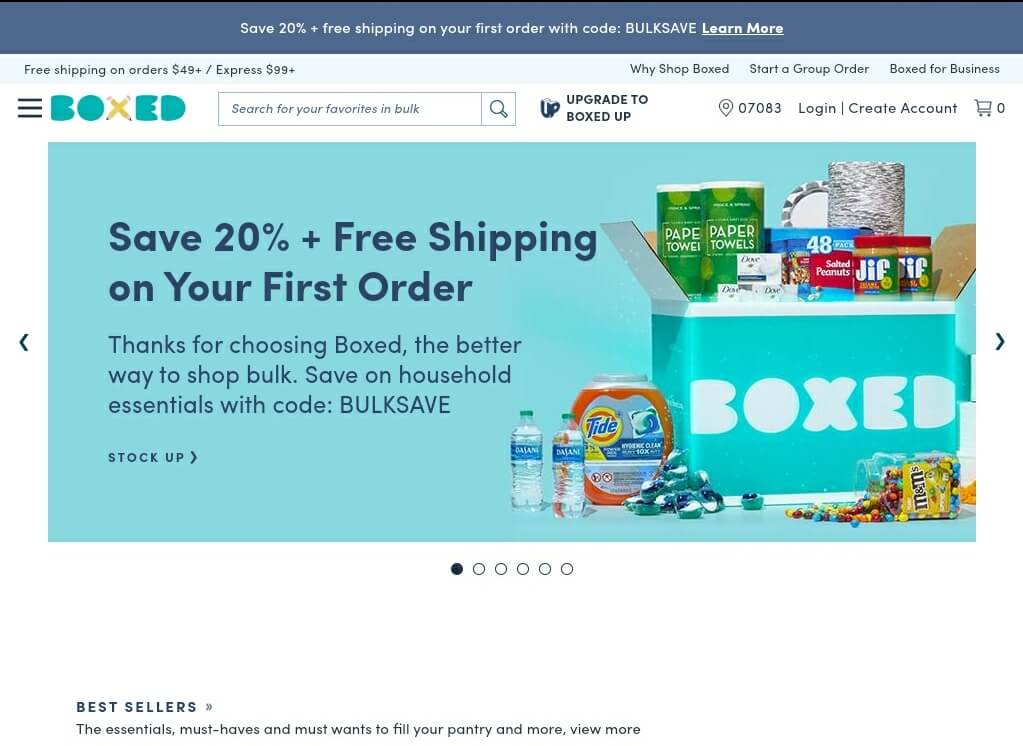
Online wholesalers sell their goods through websites or wholesale e-commerce platforms like Alibaba. Their online platforms allow customers to:
- Browse through their product listings
- Make an inquiry
- Order a sample
- Request a quote
- Place an order
Dropship Wholesalers
Dropship wholesalers also mainly operate online. They sell in bulk but not all at once. Let’s put that in perspective, shall we?
If you partner with a dropship wholesaler as your dropship supplier, they will charge you wholesale prices and fulfill your orders over time. The cumulative sum of your orders and those of other droshippers helps them achieve bulk sales.
Some dropship wholesalers have individual websites while others are listed on dropship platforms like Modalyst, Oberlo, or Doba, among others.
Dedicated Wholesale Distributors
Dedicated wholesale distributors are also known as direct distributors. They are usually a department of a manufacturing firm tasked with selling goods to retailers or consumers. They, therefore, only sell products from one brand.
Merchant Wholesalers
Merchant wholesalers buy commodities in bulk and resell them in smaller quantities. They provide wholesale access to goods for retailers that may be unable to meet high MOQs.
For example, an apparel manufacturer may have an MOQ of 5,000 hoodies. As a merchant wholesaler, you could buy the 5,000 hoodies and choose to sell to retailers at a wholesale MOQ of 1,000 hoodies.
Discount Wholesalers
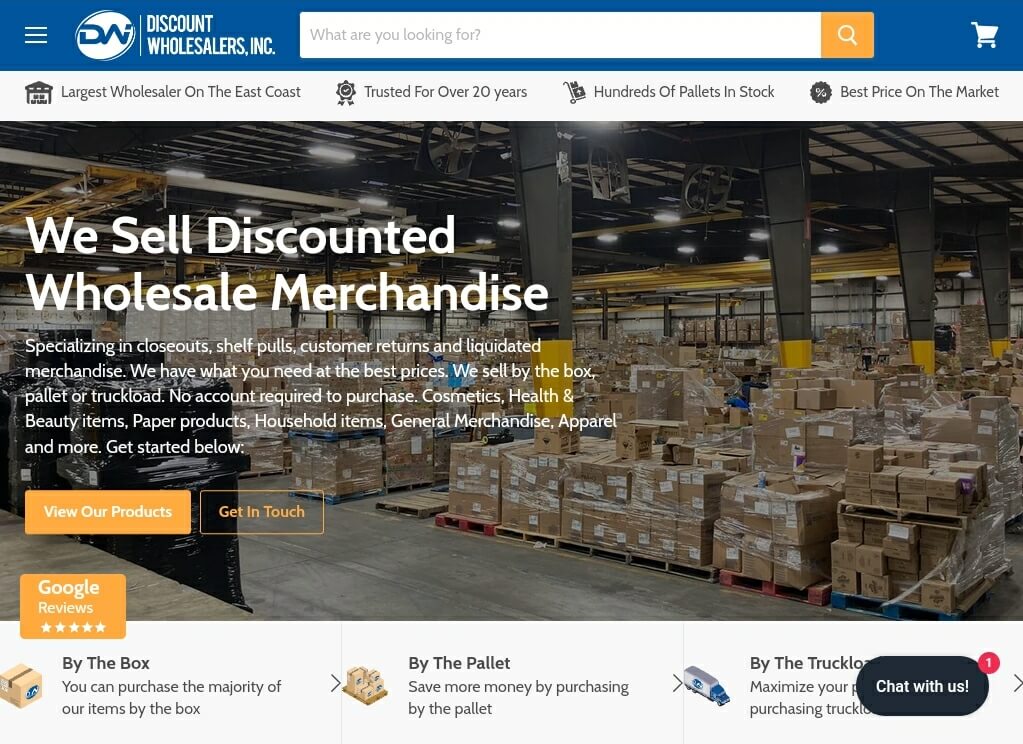
Discount wholesalers specifically buy goods from companies that are shutting down or selling off products to reduce inventory.
They mostly buy at an even lower price than typical wholesalers because such companies are usually desperate to sell off the inventory and recoup their capital.
The discount wholesalers then sell the products to retailers and institutions that want them. Some discount wholesalers focus on a specific type of product like shoes or clothing while others cover a broader niche like hospitality products.
Brokers
Brokers are similar to trading companies. Most of them do not buy and store inventory but have relationships with manufacturers.
They may have a website or a brochure indicating the products that they ‘sell’. When you place an order, they share it with a suitable manufacturer and handle all the sale details. They then earn a commission from the sale.
Types of Retailers
Like wholesalers, retailers also take different approaches and are classified into the following categories:
Online Retailers
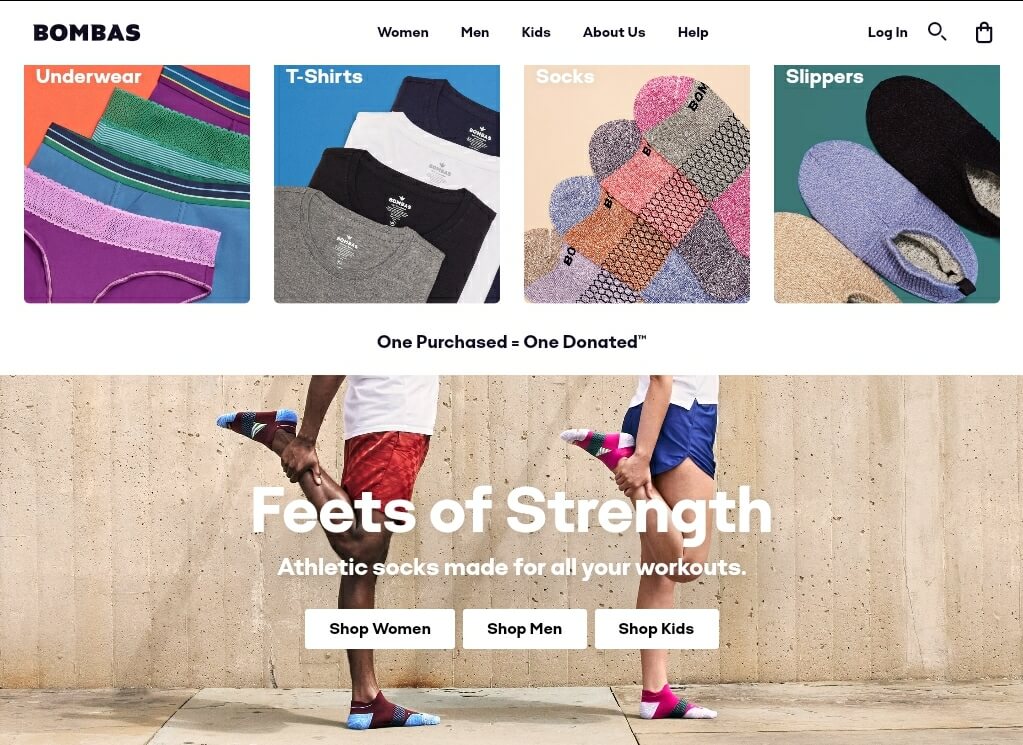
Online retailers primarily sell products through independent e-commerce websites or platforms like Etsy or Amazon.
Supermarkets
Supermarkets are large-scale stores selling a wide variety of consumer goods. They cover categories like household items, stationery, groceries, food items, and personal care products. Most of them have a series of branches in different locations.
Department Stores
Department stores are large retail outlets organized into sections that sell different categories of items. Most of them focus on a niche like fashion, apparel, or personal care and the departments are thus sub-niches.
For instance, Neiman Marcus mainly focuses on fashion and home goods. The fashion departments thus include sections for men’s, kids’, and women’s fashion.
Specialty Stores

Specialty stores only sell products from one niche. Sephora, for instance, only sells beauty and personal care items.
Discount Stores
Most cities have a variation of this type of store. You may know it as the $1 store or a similar name. Some of these stores, like Target, also fall into other categories but are primarily known for their bargain prices.
Convenience Stores
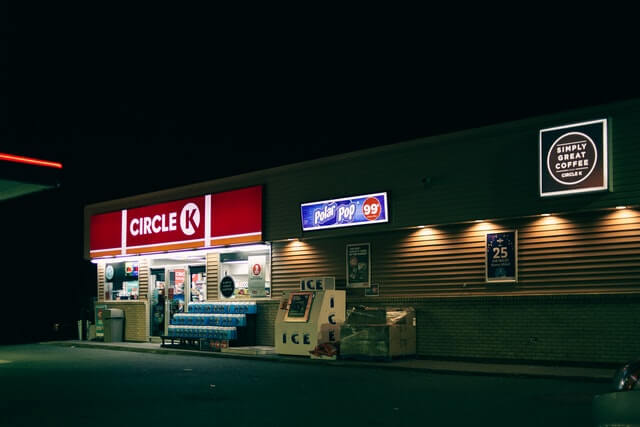
Convenience stores are mostly located in fuel stations or areas with few retail outlets. This allows them to sell products at higher prices than average retail rates.
They sell items like snacks, hygiene products, and magazines, among other products that are common necessities.
Alternative Media Retailers
Retailers in this category sell products through televised sessions where buyers can call in to buy or by mailing product catalogs to potential customers.
Can You Be Both a Retailer and a Wholesaler?
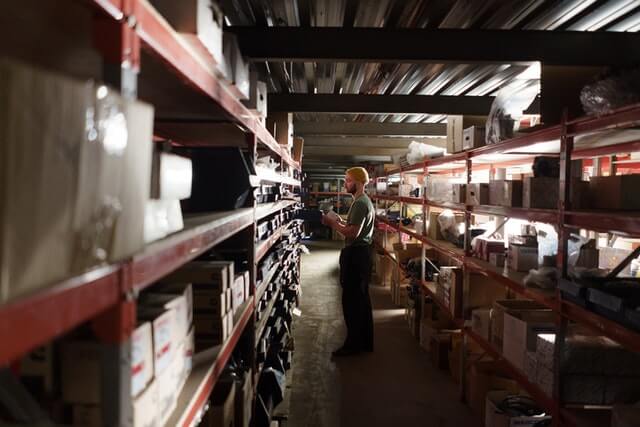
Yes, you can.
For instance, if you develop private label products, you would be the sole distributor. You can start by selling retail or private label dropshipping.
However, if you would like to increase your market reach, you may have to sell to other retailers so that your product can reach more customers. This would make you both a retailer and wholesaler.
Aside from a vast market reach, selling both retail and wholesale also comes with other benefits such as:
- A wider consumer base because you will be selling to both businesses and end consumers.
- A reduced level of risk because if your wholesale business is not doing great, then you can still earn revenue from the retail side.
On the flip side, balancing both approaches can be quite challenging because:
- It requires strategic pricing for both approaches so that both your wholesale and retail customers feel that they are getting value for money. Some businesses thus opt to restrict access to wholesale pricing details to avoid conflict.
- Fulfilling wholesale and retail orders as well as keeping track of inventory on both sides requires a meticulous management system.
How to Choose between Wholesale and Retail
When it comes down to the final choice, consider:

Your Budget
Do some research to find out how much it would cost you to set up a wholesale versus a retail business. This will help you decide which of them is the more viable option.
Business Acumen
Wholesale trade entails sourcing, shipping, and credit agreements, among other demands. Retail too requires some acumen in consumer habits, demographics, and marketing. Which of these areas are you more adept at?
The Market
Where are there more market gaps? If there is a high number of wholesalers and few retailers, it may be better to venture into retail.
However, if there are not enough wholesalers or the wholesalers are only concentrated in one region or they only focus on limited niches, you could take advantage and fill those supply gaps.
Your Risk Appetite

Wholesale is an ideal option for an entrepreneur that has enough resources to comfortably withstand the risks that come with large-scale trade. Consider retail trade if you prefer low-risk investments.
FAQs about Wholesale vs Retail
Which Is More Profitable Wholesale or Retail
It varies.
In terms of total sales, wholesalers make more because they sell a higher volume of units than retailers. However, retailers make a higher profit margin per item than wholesalers.
What Are the Differences between Retail Price and Wholesale Price?
Wholesale prices are usually much cheaper than retail prices as they are only slightly marked up from the factory price. Nevertheless, they are pegged to the number of items you buy; the more you buy, the better the wholesale prices you get.
Retail prices can be twice the wholesale price or more. They thus offer a higher profit margin. They also remain constant no matter how many product units a consumer buys.
Further Reading: Wholesale vs Retail Price: The Ultimate Guide
Can Ordinary Customers Buy Wholesale?
It depends on the wholesaler.
Some wholesalers sell to all kinds of customers as long as they can meet the price and MOQ requirements (if applicable).
Unfortunately, others only sell to retailers and are so strict about it that they require documents to prove that each buyer fulfills this rule.
The Verdict
Both wholesale and retail are practical business approaches. You simply need to identify which of them would be a good fit for you as an entrepreneur and for your market.
The tips in this guide will go a long way in helping you choose a better business model. Plus, we, at NicheSources, will be here to help you excel at either of them. We are experts at product sourcing (at all scales), private labeling, shipping, and much more.
Reach out to us with all your sourcing needs, request a free quote, and we will find you the best solutions.
